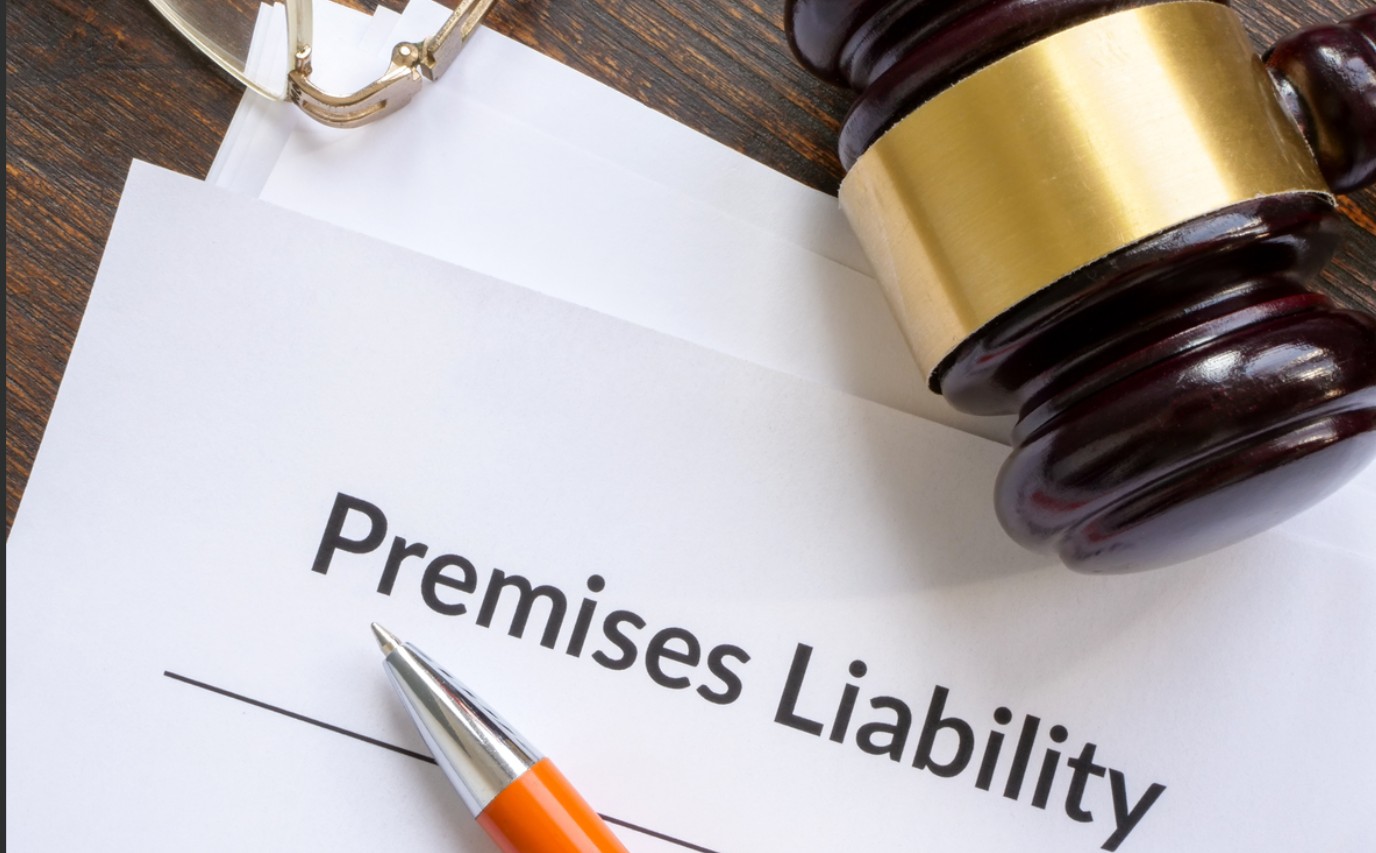
Understanding premises liability is crucial for business owners in California. This area of law dictates that property owners must ensure the safety of their premises to prevent injuries to visitors and customers.
Failure to maintain a safe environment can lead to legal claims based on negligence, which may result in substantial compensation being owed to the injured party.
California’s premises liability law requires property owners to uphold a strict duty of care. This means regularly inspecting the property and promptly addressing any hazards. Ignoring this responsibility increases the risk of accidents and potential lawsuits. If an individual incurs an injury due to negligence, they may seek legal recourse for the damages incurred.
Business owners should be aware of their legal obligations to prevent premises liability claims. They should regularly review their safety measures and consult with a legal professional if needed. Those needing guidance can reach out to premises liability attorneys to better understand their responsibilities and how to protect their business from costly claims.
Understanding Premises Liability in California
Premises liability in California focuses on the responsibilities of property owners to ensure a safe environment. It involves identifying key aspects of liability law, understanding visitor classification, and recognizing typical incidents that lead to claims.
Key Concepts in Premises Liability Law
Premises liability law is grounded in several essential principles. A property owner has a duty of care to prevent dangerous conditions from harming visitors. This involves regular maintenance and addressing any known hazards promptly. If an injury occurs, the basis for a claim typically involves proving negligence on the part of the owner, which means demonstrating that they failed to uphold their obligations.
Another important aspect is comparative negligence, which considers the share of fault each party holds in the incident. For a successful claim, a victim must show the property owner’s negligence directly caused the injury. Additionally, the duty to warn requires owners to inform visitors of potential hazards that cannot be immediately rectified.
Types of Visitors and Associated Protections
California law distinguishes between invitees, licensees, and trespassers, each receiving different levels of protection. An invitee, such as a customer in a store, is owed the highest duty of care. Property owners must ensure the environment is safe and conduct regular inspections to prevent risks. A licensee, like a social guest, is afforded a moderate duty of care. Owners should remedy known hazards and warn licensees of potential dangers.
Trespassers, who enter without permission, are generally granted the least protection. Usually, property owners only need to refrain from willful harm, though certain situations, like the presence of children, might require additional precautions. Understanding these distinctions is vital for property owners to fulfill their legal obligations correctly.
Common Premises Liability Scenarios
Various scenarios can lead to premises liability claims. Slip and fall accidents are common, often resulting from wet floors or uneven surfaces. Inadequate maintenance or failure to warn visitors can lead to these incidents. Swimming pool accidents frequently arise due to insufficient barriers or lifeguards, particularly involving young children.
Dog bites may occur if a property owner does not adequately restrain a pet. Inadequate security in areas prone to crime, like poorly lit parking lots, can also result in liability if visitors are harmed. Defective property conditions, such as broken steps or faulty wiring, may cause injuries, leading to potential claims. Property owners must proactively manage these risks to minimize liability.
Legal Process and Victim Rights
Business owners in California need to understand the crucial elements of premises liability cases to ensure their properties are safe and secure. This knowledge encompasses filing claims, assessing compensation, and the involvement of legal professionals to protect both the owner and the victim effectively.
Filing a Premises Liability Claim
Victims of injury must be aware that a premises liability claim in California requires proving negligence by the property owner. Essential steps include gathering evidence, such as photographs, incident reports, and witness statements, to demonstrate causation. An official notice must be filed promptly, detailing the location and nature of the incident. It’s imperative to act swiftly, as claims typically have time limits, known as the statute of limitations, which restrict the filing period. Consulting a personal injury attorney can provide guidance through this procedure, ensuring all necessary steps are completed correctly.
Calculating and Seeking Compensation
Compensation in these cases can cover various forms of damages. Economic damages include quantifiable costs such as medical expenses and lost wages. Non-economic damages address more subjective impacts like pain and suffering. In some instances, punitive damages might also be pursued to penalize egregious negligence. Assessing all damages accurately is critical for equitable recovery. Utilizing professional insights, such as those from a premises liability lawyer, can ensure a thorough evaluation and aid in seeking full recompense.
The Role of Premises Liability Attorneys
Legal representation is significant in managing the intricacies of these claims. Premises liability attorneys play a pivotal role in gathering evidence, filing claims, and negotiating settlements. They advocate for the victim’s rights, striving for a just outcome. When a claim transitions to a premises liability lawsuit, having a legal professional becomes crucial in presenting a case effectively. Skilled attorneys can also assist property owners in understanding security measures and accident prevention strategies, fostering a safer environment and potentially mitigating future claims.
